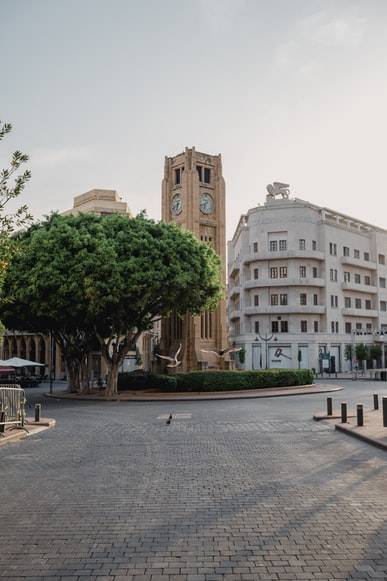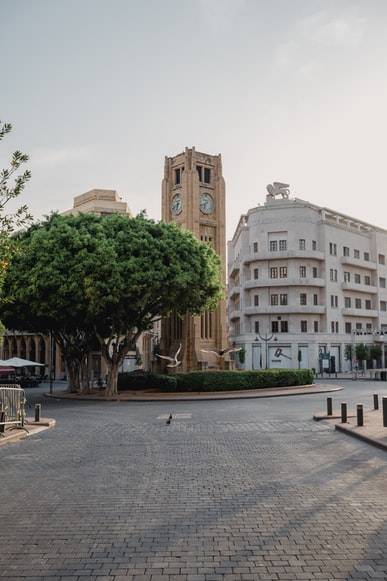The electronic newspaper Al-Anbaa reported that the ongoing discussions among parliamentary blocs regarding the government's capital control project are not without "clashes" over certain provisions considered as mines that might explode the rights of depositors to their funds. The positions taken by the Democratic Gathering bloc and, in particular, the Strong Republic bloc in the joint parliamentary committees have provided reassurance that any provision that does not protect these funds will face objection, and thus, the approval of the project in the committees before it is referred to the general assembly will not pass if these provisions are not amended.
Meanwhile, Prime Minister Najib Mikati stated at the beginning of yesterday's Cabinet meeting that combining capital control with deposit guarantees is a mistake and that capital control should have been approved from the first day of the crisis to preserve deposits in Lebanon. Political sources pointed out to Al-Anbaa that populist and electoral bidding is entering the process of approving the economic recovery plan, questioning why the recovery plan was not approved during Hassan Diab's government. They recalled that the head of the Progressive Socialist Party, Walid Jumblatt, was the first to propose the approval of capital control in December 2019, but all of today’s bidders did not agree back then.
Member of the Strong Lebanon bloc, MP Edgar Traboulsi, limited his response to a question from Al-Anbaa by saying, "It is necessary to implement the conditions of the International Monetary Fund so that Lebanon can receive the required assistance," as he believes that "any delay in obtaining financial and economic support will deepen the crisis further." For his part, MP Joseph Iskandar from the Strong Republic bloc confirmed that "the Lebanese Forces' stance is clear regarding not touching people's deposits," announcing their strong opposition to any decision that allows for the squandering of depositors' funds. He said: "We are against this matter in both form and content because we oppose imposing state losses on depositors, and the state must bear most of them, while a very small part should be borne by the depositor."
On another note, the file of expatriate elections remains contentious amid suspicious actions being carried out by departments within the Foreign Ministry serving the Free Patriotic Movement. MP Iskandar accused what he termed the "corrupt system of doing the impossible to prevent expatriates from voting after they became certain that their votes would not favor them this time," reminding them of what was done to approve district 16. "When they failed, they reluctantly agreed for expatriates to vote for the 128 deputies, but the head of the Free Patriotic Movement, Gebran Bassil, instructed his aligned Minister of Foreign Affairs to determine polling places for expatriates in distant states, imposing exorbitant costs on them to reach polling centers. For example, setting a polling center in Costa Rica, which can only be reached by plane, as well as in Australian states where all polling centers are located far away, costing significant sums to reach, not to mention the passport scandal—all to obstruct our people’s participation in the electoral process."
Iskandar added: "Everyone knows that expatriates vote for Lebanon and not for anything else," describing the actions of the Foreign Minister as displaying "no sense of responsibility, which is why we, as the Strong Republic bloc, proposed a vote of confidence in him," indicating that "when the Free Patriotic Movement was asking for financial assistance from expatriates, they would meet them in nearby places, but when they realized that the votes would not be in their favor, they sought to disperse and demoralize them to prevent their participation in the elections."




